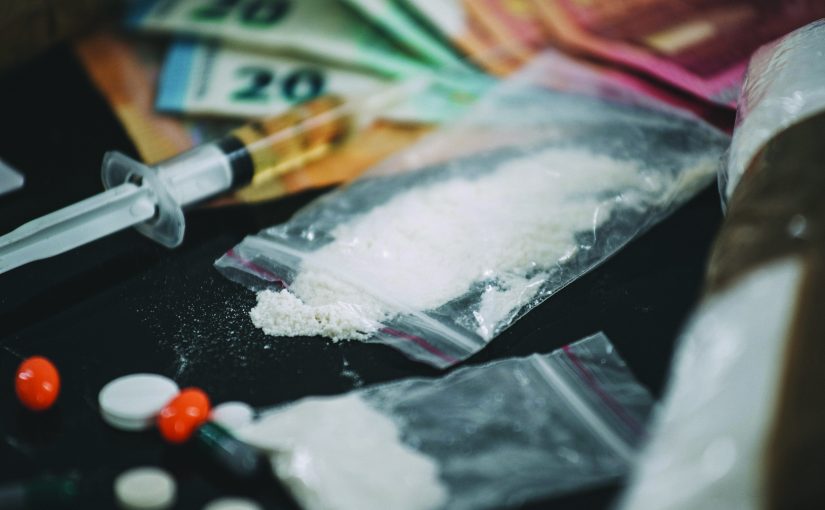Decriminalization and Beyond
Insights from British Columbia’s Ongoing Journey

In an era marked by the evolving landscape of drug policy and community well-being, the province of British Columbia (BC), Canada, recently embarked on a significant journey. This journey bears resemblance to the paths taken by Portugal and, more recently, some states within the United States, providing a valuable context for analysis and discussion.
Background and Decriminalization in BC
On January 31, 2023, BC embarked on a pilot three-year drug decriminalization initiative. The initiative aims to reframe drug use as a public health concern rather than a criminal offense, with the objective of reducing the stigma and isolation that prevents individuals from seeking help. It was believed individuals with addictions were highly susceptible to the potential for lethal overdose if the stigma surrounding their addiction prevented them from accessing a safe supply of drugs and locations to use them. This initiative followed Health Canada’s granting an exemption under the Controlled Drugs and Substances Act (CDSA) to BC, encompassing illegal drugs totaling 2.5 grams, including opioids, powder cocaine, methamphetamine, and MDMA. As a result, individuals found in personal possession are to be offered information about health and social supports and resources instead of being subject to arrest or criminal charges.
Addressing the Overdose Crisis
BC has faced a devastating drug overdose crisis, officially declared a public health emergency, primarily attributed to the use of opioids such as fentanyl. In 2022, nearly 2,300 lives were lost due to the overdose crisis, profoundly impacting individuals, families, and communities across the province.


